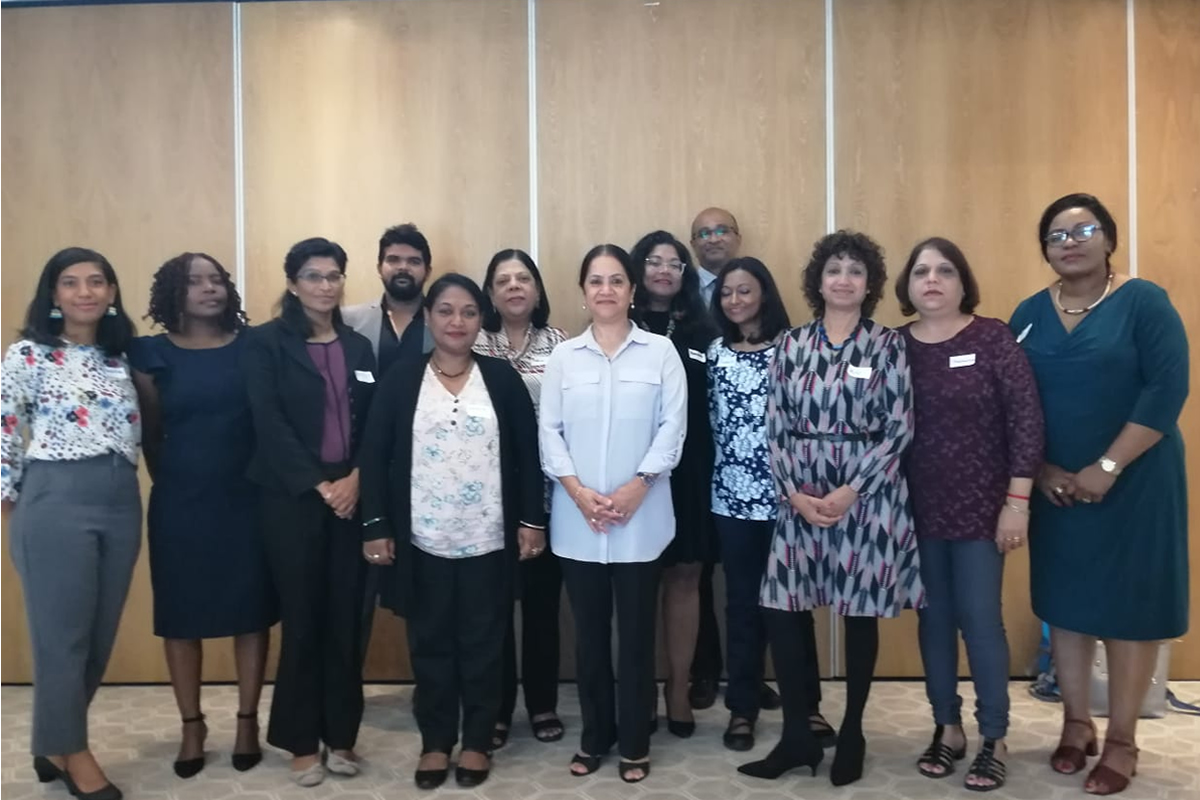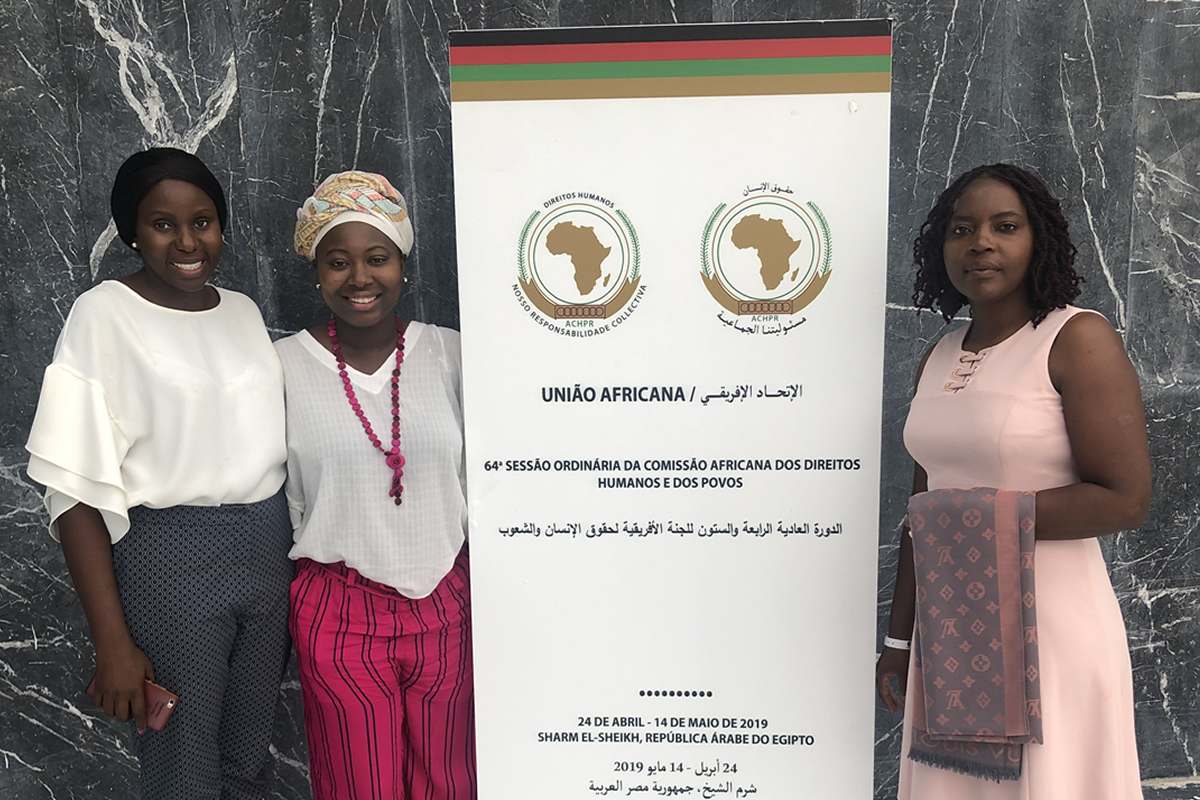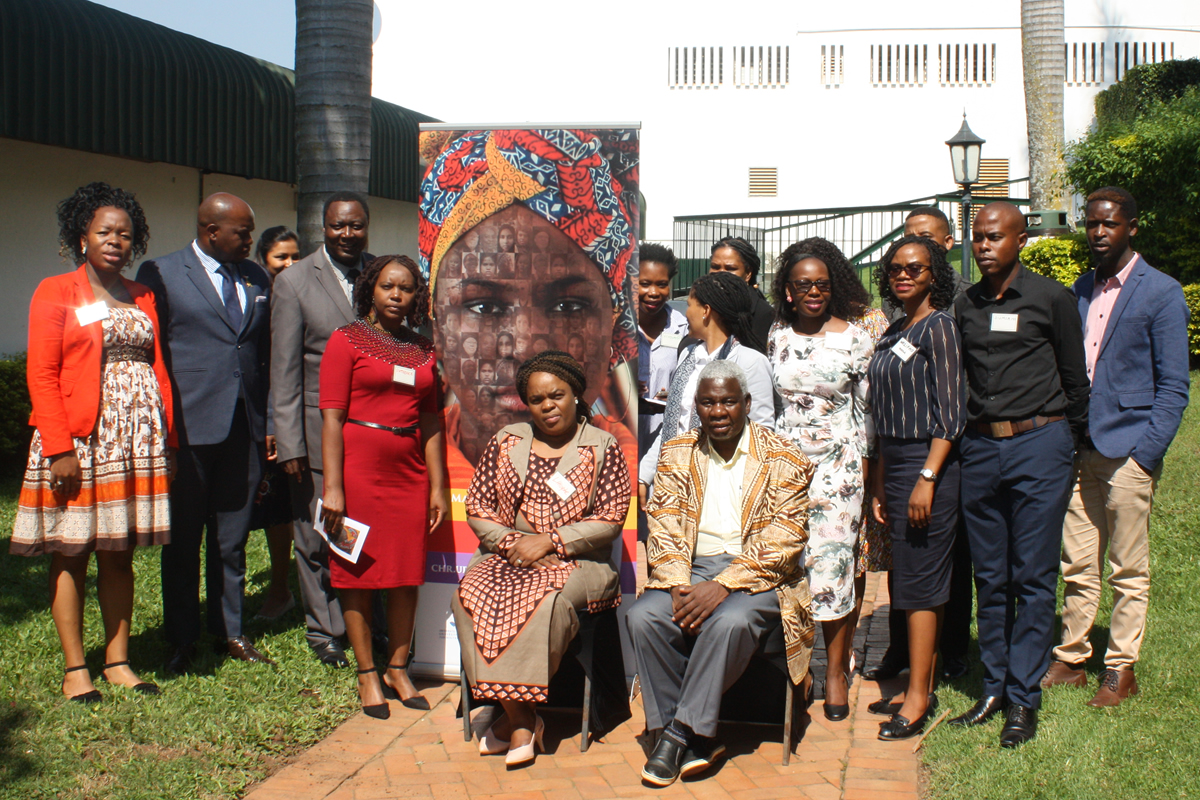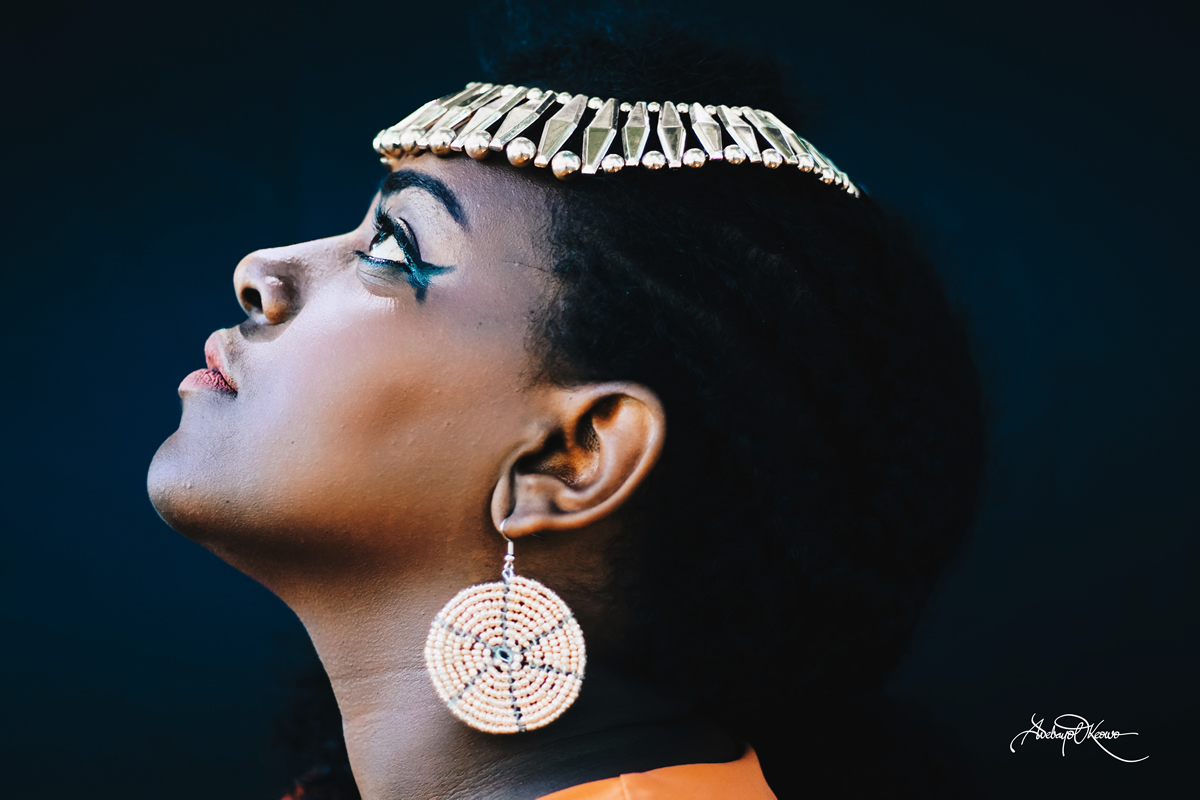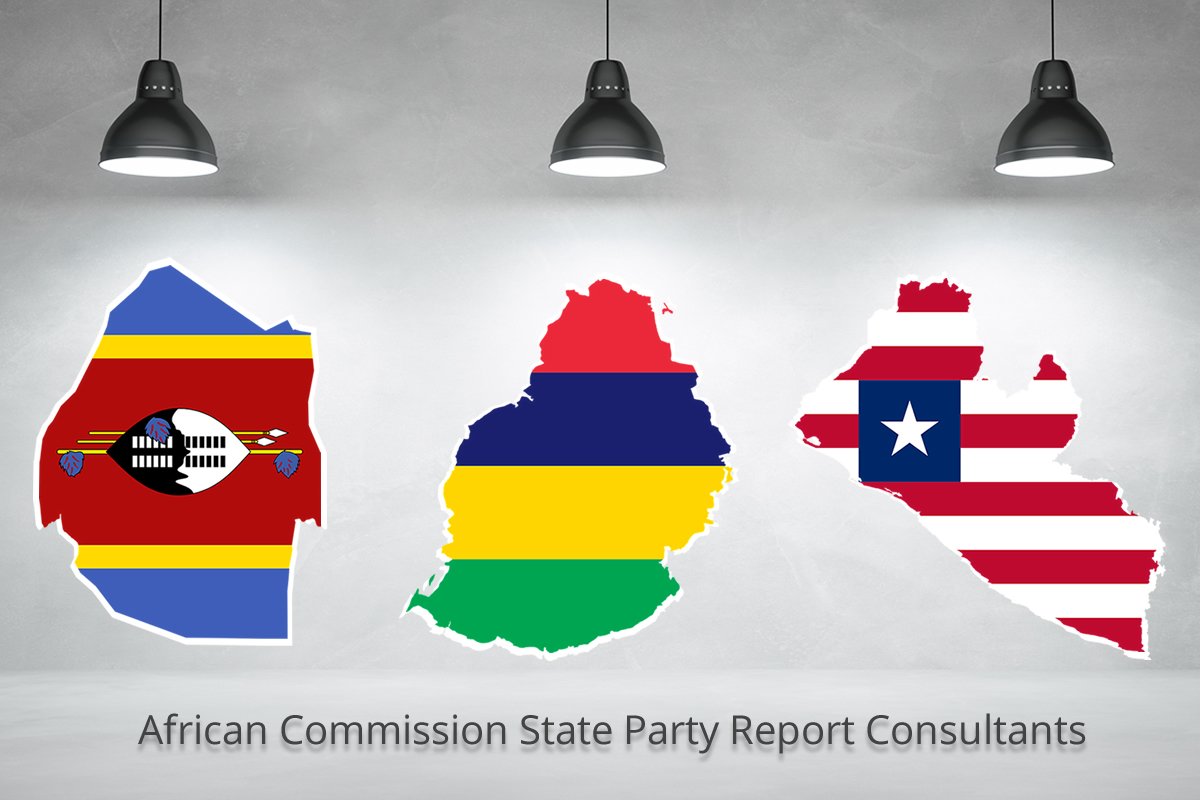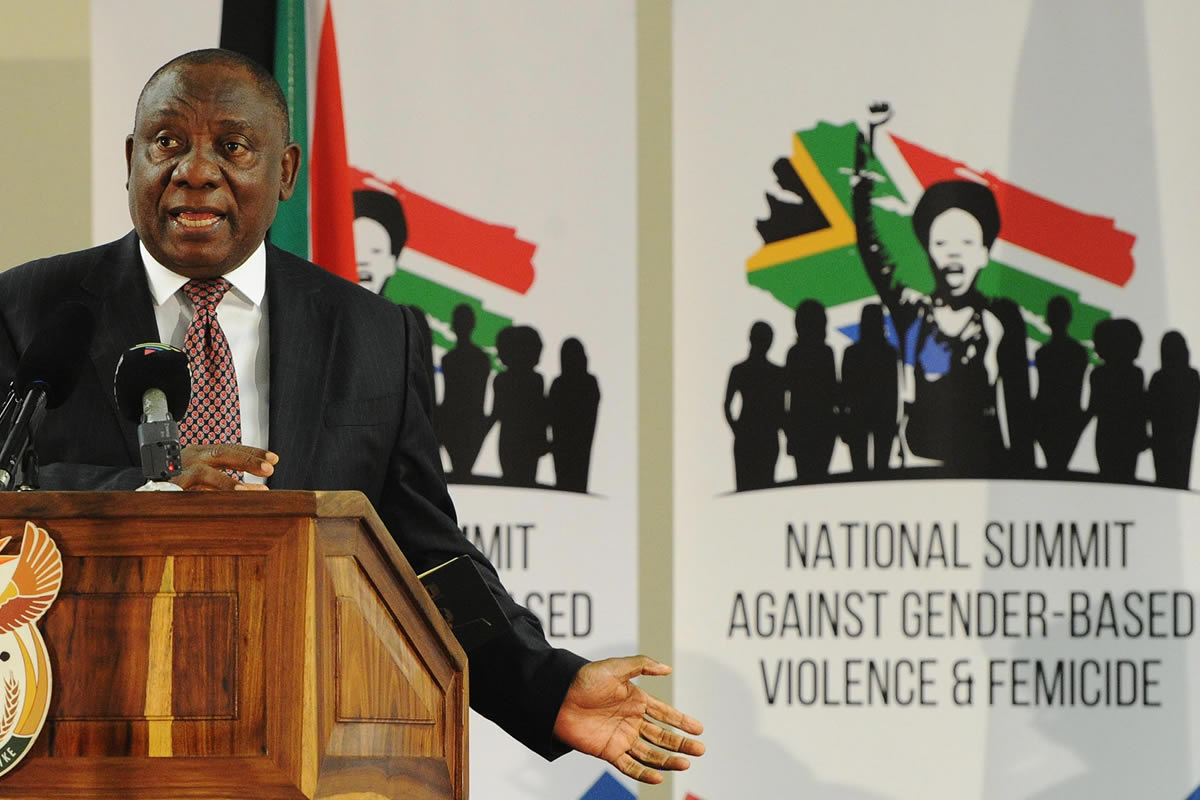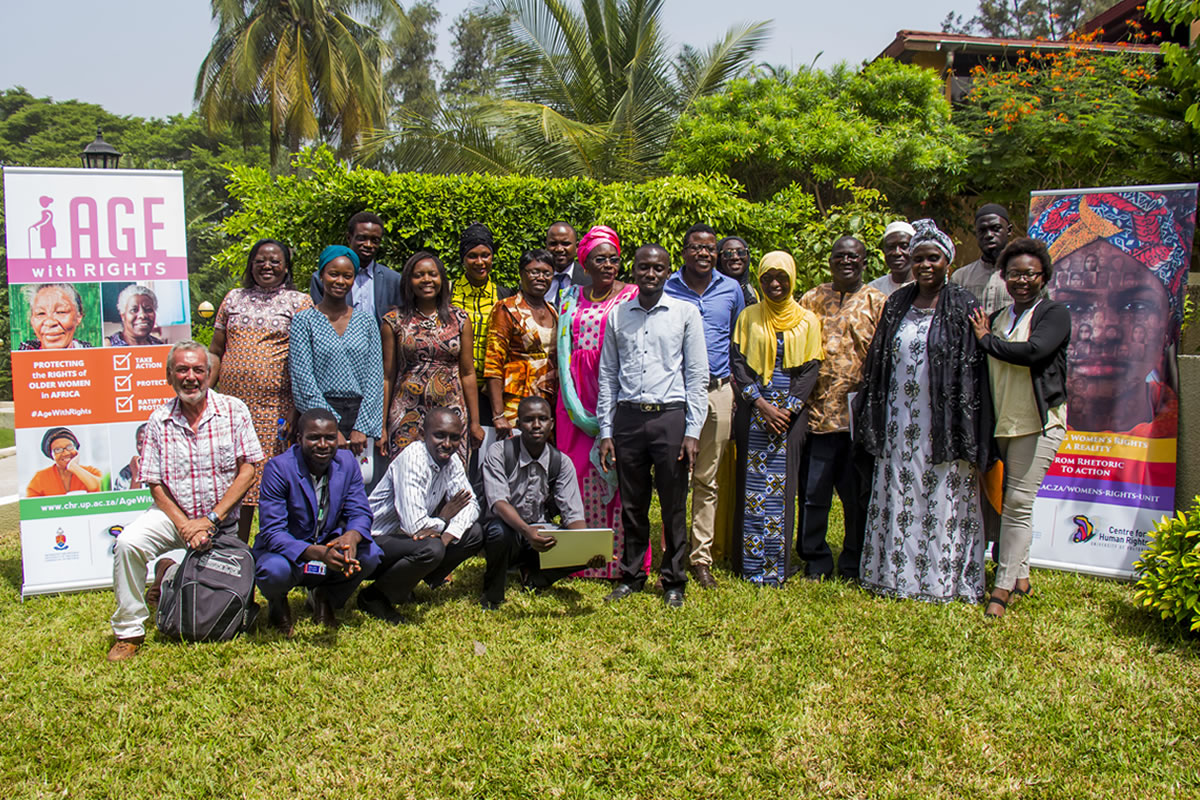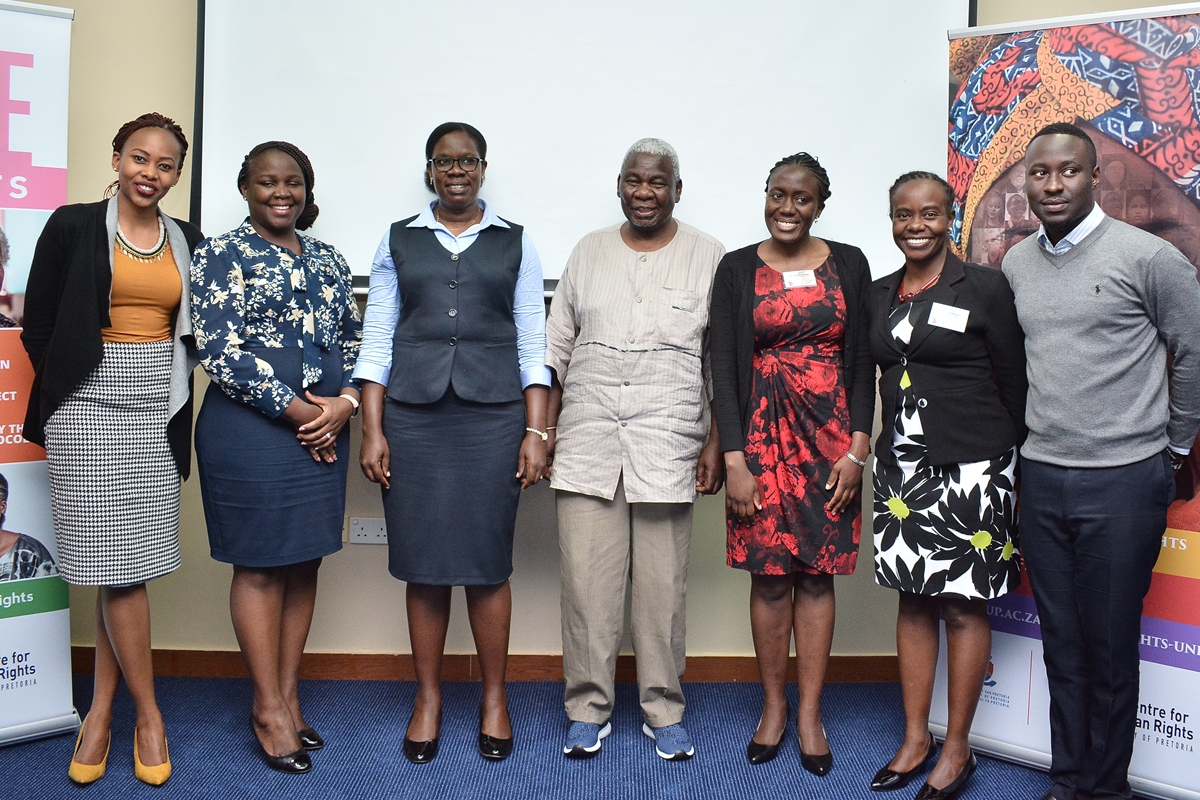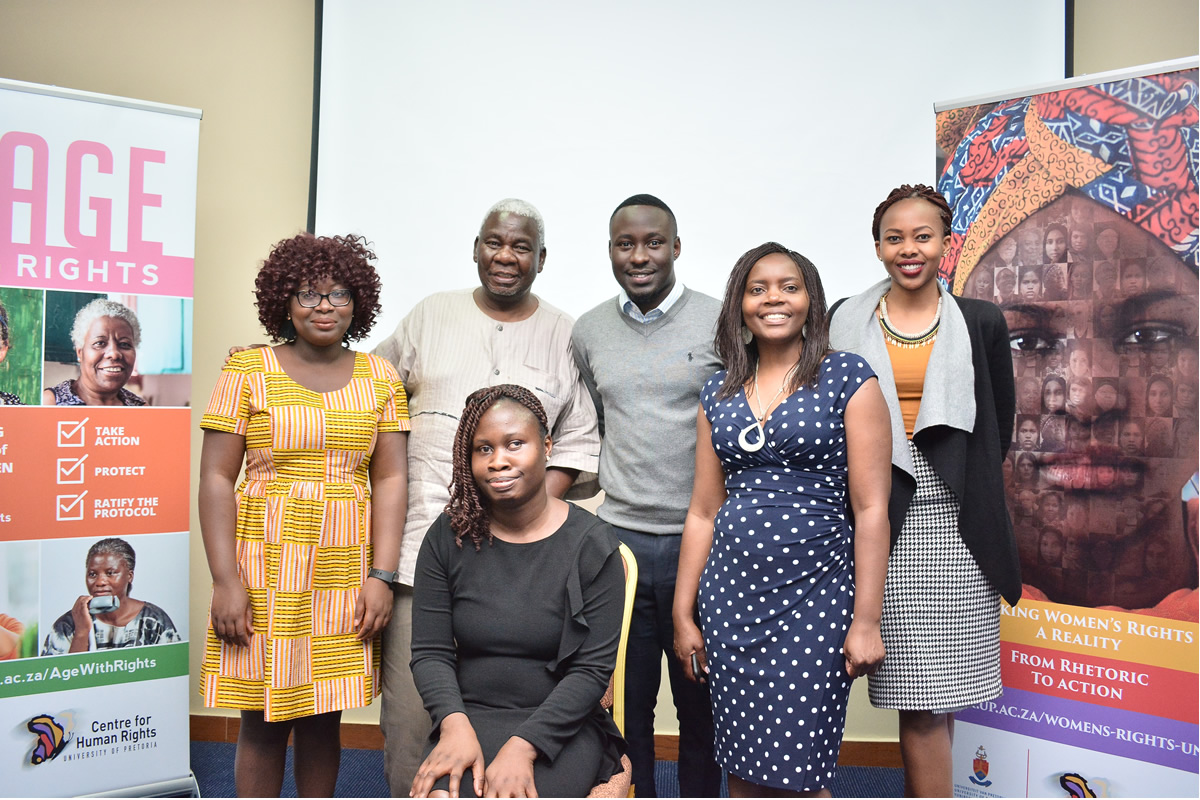- Details
The Women's Rights Unit of the Centre for Human Rights, University of Pretoria, in collaboration with the Ministry of Gender Equality, Child Development and Family Welfare, Mauritius, organised and facilitated a national meeting on state reporting on the African Charter on Human and Peoples’ Rights (African Charter) and the Protocol to the African Charter on Human and Peoples' Rights on the Rights of Women in Africa (Maputo Protocol) for Mauritius. The workshop took place at the Holiday Inn Hotel in Port Louis, Mauritius from 6 to 9 May 2019.
- Details
The Centre for Human Rights, University of Pretoria is seeking to recruit an experienced consultant with knowledge of human rights, particularly women’s rights and familiarity with the African Human Rights framework. The consultant is expected to develop a State Party report to the African Commission on Human and People’s Rights (African Commission), which comprises Part A on the African Charter on Human and People’s Rights (African Charter) and Part B on the Protocol to the African Charter on Human and Peoples’ Rights on the Rights of Women in Africa (Maputo Protocol) for Liberia.
- Details
On Sunday 28 April 2019, the Special Rapporteur on the Rights of Women in Africa (SRRWA), Commissioner Lucy Asaugbor hosted a panel discussion on State Reporting Obligations and Guidelines to Reporting under the Maputo Protocol which the Centre participated in during the 64th ordinary session of the African Commission on Human and Peoples' Rights which is currently been held in Sharm El Sheikh, Egypt from 24 April to 14 May 2019.
Commissioner Asaugbor noted that only a handful of states parties have actually fulfilled their reporting obligations. In particular, and dishearteningly, only 13 out of the 40 states parties which include Angola, Burkina Faso, Democratic Republic of Congo, The Gambia, Lesotho, Malawi, Mauritania, Namibia, Nigeria, Rwanda, Senegal, South Africa and Togo have included a section on the Maputo Protocol in their state reports. She acknowledged and commended The Gambia and Lesotho being the latest states parties to fulfil this obligation. She noted the need to popularise the Reporting Guideline on the Maputo Protocol adopted by the Commission in 2009, as well as, the importance of the state reporting process in which crucial information is received for giving an overview of the status of women and girls in Africa
- Details
The Centre for Human Rights, University of Pretoria, in collaboration with the Eswatini Ministry of Justice and Constitutional Affairs, organised a state party reporting workshop on the African Charter on Human and Peoples’ Rights (African Charter) and the Protocol to the African Charter on Human and Peoples’ Rights on the Rights of Women in Africa (Maputo Protocol). The workshop was held in Eswatini from the 15 to 17 April 2019.
- Details
(By Satang Nabaneh)
Around the world, 8 March is celebrated as International Women’s Day. It is a global day celebrating the achievements of women with a rallying call to action for accelerating gender parity.
- Details
The Women's Rights Unit at the Centre for Human Rights, University of Pretoria, is seeking to recruit 3 experienced consultants with knowledge of human rights, particularly women’s rights and familiarity with the African human rights framework. The consultants are expected to develop a State Party report to the African Commission on Human and People’s Rights (African Commission) on the African Charter on Human and Peoples’ Rights (African Charter) and the Protocol to the African Charter on Human and Peoples’ Rights on the Rights of Women in Africa (Maputo Protocol) for Eswatini, Mauritius and Liberia respectively.
- Details
Civil society organisations working on gender-based violence (GBV) express concern over the slow pace at which the South African Presidency is addressing issues identified at the National Summit against Gender-Based Violence and Femicide.
- Details
The Women’s Rights Unit of the Centre for Human Rights was involved in various activities at the 63rd ordinary session of the African Commission on Human and Peoples' Rights which is currently been held in Banjul, The Gambia from 24 October to 7 November 2018. The session was preceded by the NGO Forum and 37th African Human Rights Book Fair, which took place from 20 to 22 October 2018.
- Details
On Friday, 19 October 2018, there was a one-day technical support meeting for stakeholders from Uganda. The meeting was organised jointly by the Ministry of Justice and Constitutional Affairs and the Centre for Human Rights. The meeting was held at the Protea hotel, Entebbe. Participants for this meeting were drawn from Government ministries, National Human Rights Commissions and civil society in Uganda. Participants were also members of a task team that had been set up for the purposes of drafting state reports on all the treaties that Uganda is party to. The meeting was earmarked specifically to offer technical support to Uganda's current draft report as part of the state's efforts to fulfil its reporting obligations under the African Charter and the Maputo Protocol to the African Commission.
- Details
From Tuesday, 16 October 2018 to Thursday, 18 October 2018, the Women's Rights Unit of the Centre for Human Rights organised and conducted a regional state reporting workshop on the African Charter on Human and Peoples Rights (African Charter) and the Protocol to the African Charter on Human and Peoples Rights on the Rights of Women in Africa (Maputo Protocol) for four African countries namely, Uganda, Kenya, Ethiopia and South Sudan. The workshop was organised and hosted in collaboration with the Ministry of Justice and Constitutional Affairs, in Uganda. It was held at the Protea hotel, Entebbe.

